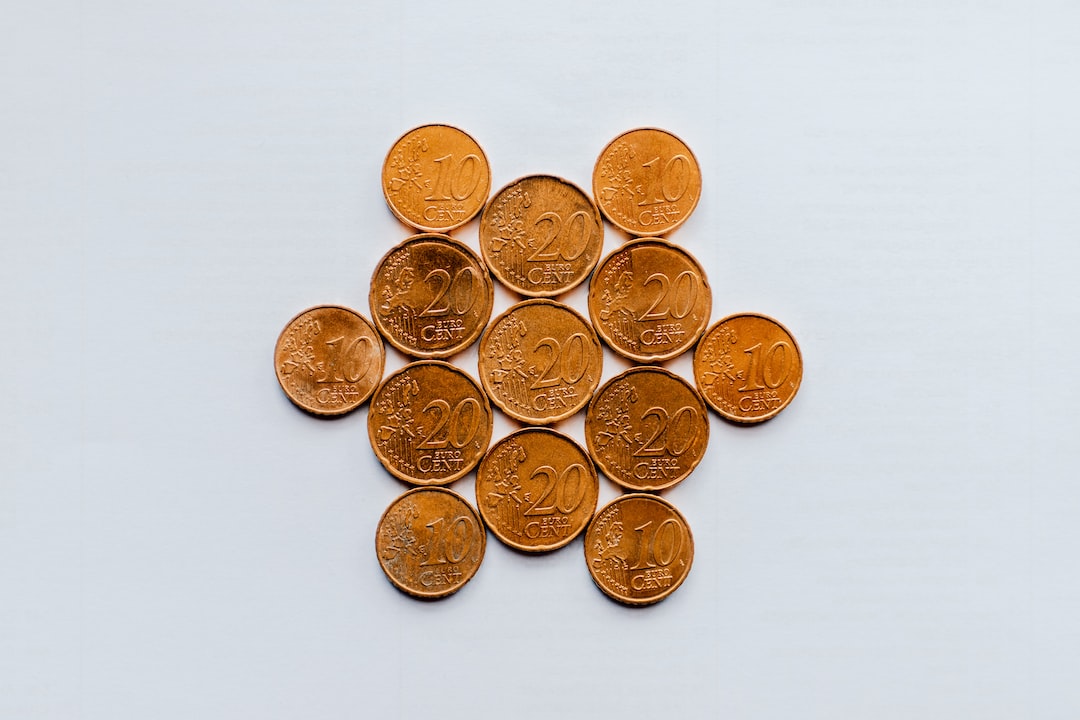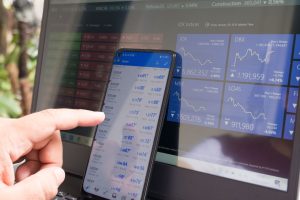Forex and futures are two popular financial markets that are used by traders to make profits. While both markets involve trading financial instruments, there are significant differences between the two. Understanding these differences is critical for anyone who wants to invest in either of these markets. This article will explain the differences between forex and futures.
Forex Market
Forex, or foreign exchange, is the largest financial market in the world. It involves trading currencies from different countries. The forex market is decentralized, meaning that there is no central exchange where all trades take place. Instead, forex trading takes place over the counter (OTC) through a network of banks, brokers, and other financial institutions.
Forex traders buy and sell currency pairs, such as USD/EUR, GBP/USD, and USD/JPY. The value of a currency pair is determined by the exchange rate between the two currencies. Forex traders make profits by speculating on the direction of currency prices. For example, if a trader believes that the value of the USD will increase relative to the EUR, they will buy USD/EUR. If the trader’s prediction is correct, they will make a profit when they sell the currency pair.
Futures Market
The futures market is a centralized exchange where traders buy and sell futures contracts. A futures contract is an agreement to buy or sell an underlying asset at a set price and date in the future. Futures contracts are traded on exchanges such as the Chicago Mercantile Exchange (CME) and the Intercontinental Exchange (ICE).
Futures contracts can be traded on a variety of underlying assets, including commodities, stocks, and currencies. For example, a trader can buy a futures contract for crude oil, gold, or the S&P 500 index. Futures traders make profits by speculating on the future price of the underlying asset. For example, if a trader believes that the price of crude oil will increase in the future, they will buy a crude oil futures contract. If the trader’s prediction is correct, they will make a profit when they sell the contract.
Differences between Forex and Futures
1. Trading Hours
The forex market is open 24 hours a day, five days a week. This means that traders can trade currencies at any time of the day or night. The futures market, on the other hand, has specific trading hours. For example, the CME’s trading hours for futures contracts are from Sunday to Friday, 5:00 pm to 4:00 pm CT.
2. Liquidity
The forex market is highly liquid, meaning that there are always buyers and sellers available. This makes it easy for traders to buy and sell currency pairs quickly and at a fair price. The futures market is also liquid, but some contracts may have lower liquidity than others. This can make it harder for traders to buy and sell contracts quickly.
3. Leverage
Both the forex and futures markets offer leverage, which allows traders to control larger positions with a smaller amount of capital. However, the amount of leverage available in the two markets is different. In the forex market, traders can typically access higher leverage than in the futures market. This can make forex trading more attractive to traders who want to maximize their profits.
4. Contract Sizes
Futures contracts have standardized contract sizes, which can vary depending on the underlying asset. For example, a crude oil futures contract on the CME has a standard size of 1,000 barrels. This means that traders must buy or sell multiples of 1,000 barrels. In the forex market, there is no standard contract size. Traders can buy or sell any amount of currency they wish.
Conclusion
In conclusion, forex and futures are two different financial markets that offer unique opportunities for traders. The forex market is decentralized, highly liquid, and offers high leverage. The futures market is centralized, has specific trading hours, and offers standardized contract sizes. Both markets have their advantages and disadvantages, and traders should consider their individual goals and risk tolerance before choosing which market to trade.





